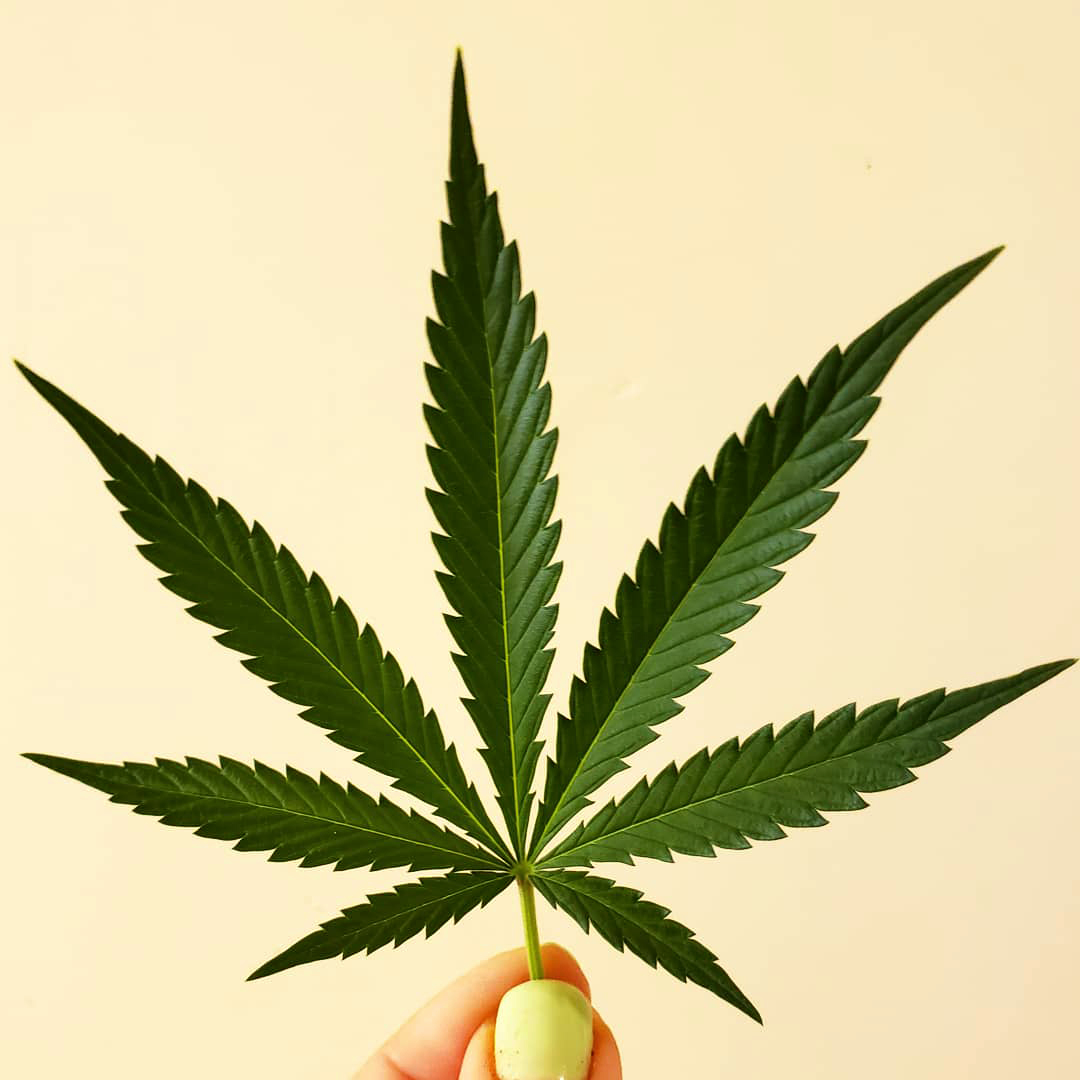Unveiling THCa Side Effects: What You Need to Know
- Michael Bryden

- Mar 22
- 3 min read
Tetrahydrocannabinolic acid (THCa) is a non-psychoactive cannabinoid found abundantly in raw and live cannabis plants. Unlike its well-known counterpart, THC, THCa does not induce a "high" unless it undergoes decarboxylation—a process triggered by heat that converts THCa into THC. As interest in the therapeutic potentials of cannabis expands, understanding the side effects of its various compounds becomes crucial. This article delves into the side effects of THCa, providing a comprehensive overview for informed consumption.
Understanding THCa: The Non-Psychoactive Cannabinoid

THCa is the acidic precursor to THC, present in raw cannabis. When cannabis is heated—through smoking, vaping, or cooking—THCa decarboxylates into THC, the compound responsible for the psychoactive effects associated with marijuana use. Consuming raw cannabis or THCa-specific products does not produce the typical "high," making THCa a subject of interest for those seeking the plant's benefits without psychoactive effects.
Potential Therapeutic Benefits of THCa
Before exploring the side effects, it's essential to acknowledge the potential therapeutic benefits of THCa:
Anti-Inflammatory Properties: THCa has shown promise in reducing inflammation, which could be beneficial for conditions like arthritis.
Neuroprotective Effects: Some studies suggest that THCa may have neuroprotective properties, potentially aiding in the prevention of neurodegenerative diseases.
Anti-Nausea and Appetite Stimulation: THCa may help alleviate nausea and stimulate appetite, offering potential benefits for individuals undergoing treatments like chemotherapy.
While these benefits are promising, they are primarily based on preclinical studies, and more research is needed to confirm these effects in humans.
Exploring THCa Side Effects

As with any bioactive compound, THCa consumption may lead to side effects. Understanding these is vital for both medical professionals and consumers.
1. Gastrointestinal Discomfort
Some users have reported experiencing nausea or upset stomach after consuming THCa. These symptoms may be mild but can cause discomfort, especially in individuals with sensitive digestive systems.
2. Allergic Reactions
Although rare, THCa can cause allergic reactions in some individuals. Symptoms may include itching, rashes, or respiratory issues. It's crucial to discontinue use and seek medical attention if any allergic reactions occur.
3. Interaction with Medications
THCa may interact with certain prescription medications, potentially altering their effectiveness or leading to adverse effects. Consulting a healthcare provider before incorporating THCa into your regimen is advisable, especially if you're on medication.
4. Psychoactive Effects Upon Heating
While THCa itself is non-psychoactive, exposure to heat (such as through smoking or cooking) converts it into THC, leading to psychoactive effects. Users should be mindful of this transformation to avoid unintended intoxication.
5. Positive Drug Tests
Consumption of THCa, especially in forms that may convert to THC, can result in positive drug tests. This is particularly important for individuals subject to routine drug screenings.
6. Drowsiness or Sedation
Some users have reported feelings of drowsiness or sedation after consuming THCa. This effect may vary depending on individual tolerance and dosage.
7. Increased Appetite
Similar to THC, THCa may stimulate appetite in some individuals. While this can be beneficial for those needing appetite stimulation, it may be an unwanted side effect for others.
Considerations for Safe THCa Consumption
To minimize potential side effects and ensure a safe experience with THCa, consider the following guidelines:
Start with Low Doses: Begin with a small amount to assess your body's reaction before increasing the dosage.
Consult Healthcare Providers: If you have existing health conditions or are on medication, consult a healthcare professional before using THCa.
Be Aware of Consumption Methods: Understand that heating THCa converts it to THC, leading to psychoactive effects. Choose consumption methods accordingly.
Source from Reputable Suppliers: Ensure that you purchase THCa products from reputable sources to avoid contaminants and ensure product quality.
Conclusion
THCa offers potential therapeutic benefits without the psychoactive effects associated with THC. However, being aware of its possible side effects is crucial for safe consumption. As research continues to evolve, staying informed and consulting healthcare professionals will help you make educated decisions about incorporating THCa into your wellness routine.






Comments